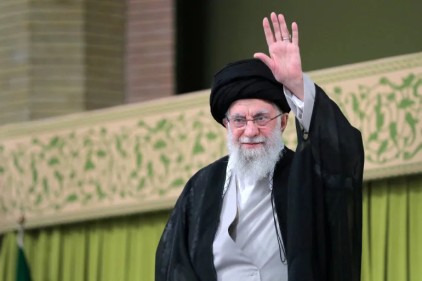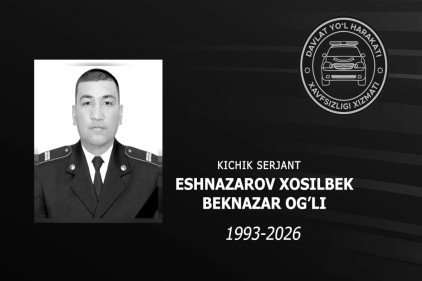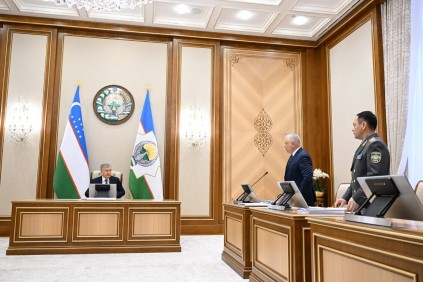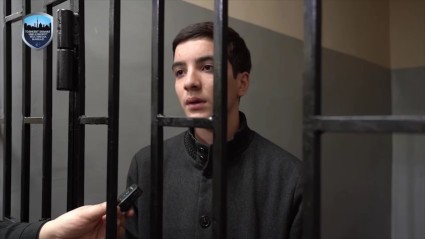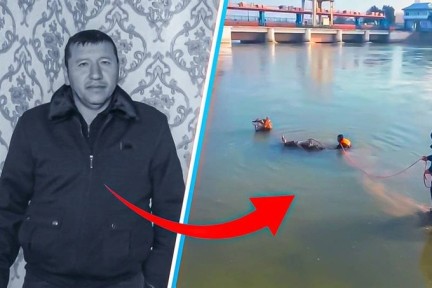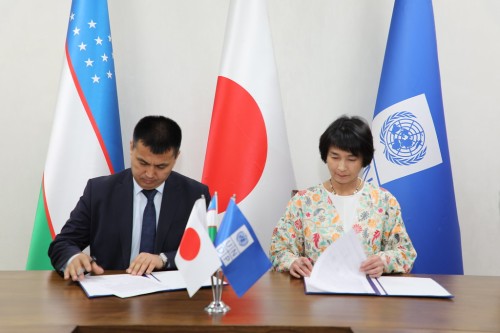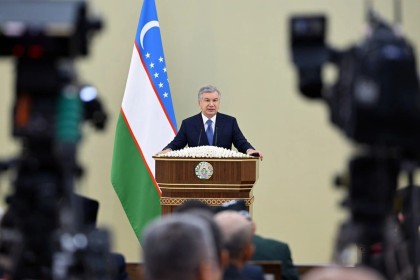On November 17, Samarkand hosted a meeting of the foreign ministers of the countries of Central Asia and the European Union. The ministers discussed the ways to advance cooperation between the two regions in the political, diplomatic, trade, economic, investment, water and energy, environmental, social and cultural areas.
The EU High Representative for Foreign Affairs and Security Policy Josep Borrell attended the meeting on behalf of the EU.
Following the meeting, he made a statement in which he stressed that the Central Asia’s role was becoming increasingly important in global politics and economics.
“A few years ago, speaking about Central Asia, perhaps we would have said that it is nowhere [on the world agenda]. But today Central Asia is everywhere. Because this region is becoming more and more respected part of the world - halfway between Europe and Asia. A place where we must make great efforts to create the infrastructure necessary to connect the two continents. This was true yesterday and much more true today, in light of Russia's war against Ukraine," Josep Borrell stressed.
He reminded that the previous time the Ministers of Foreign Affairs met was a year ago in Dushanbe.
“Since our last meeting, the world has changed a lot. And it has not changed for the better,” said the head of European diplomacy. — Russian aggression against Ukraine has global implications for the European Union, as well as for Central Asia. We are both directly affected by the shock wave that the war has caused."
“But if we want to maintain cooperation, trade, fight against climate change, countering drug trafficking and organized crime around the world, we need more cooperation, more cohesion,” Josep Borrell urged.
“The Russia's war against Ukraine is a violation of the international legal order. So now we have to face a much more dangerous world than before. And the only way to counter this danger is to cooperate more and better. And this is perhaps the most important thing for today,” the high representative of the EU emphasized.
The head of European diplomacy also addressed the topic of Afghanistan.
“Last year everyone was talking about Afghanistan, it was the main topic. Today, Afghanistan is no longer on the headlines of the press. But it still exists,” reminded Josep Borrell.
The Taliban's failure to live up to their commitment to an inclusive political process, to ensure the basic rights of women, girls and national minorities cast a shadow over the entire region, the diplomat said. “At the same time, terrorism and organized crime are on the rise, and you can see the impact of this on your countries as well. And, most importantly for you, there are many refugees in the countries of the region in the areas bordering Afghanistan,” he added.
Josep Borrell added that the EU had provided 400 million euros over the past four years to the Afghan people.
“We talked in great detail about all these issues, including post-pandemic recovery and the climate situation, for about 3 hours,” the diplomat concluded. “And it makes us appreciate our relationship more.”
“The EU will continue to promote border security in Central Asia as part of our long-term EU Border Management Assistance Programme,” he said.
“We are also ready to support the countries of the region in the fight against the problem of disinformation, which seeks to undermine stability on the ground, in the information environment,” Josep Borrell stressed.
He mentioned the EU-Central Asia Connectivity Conference on November 18, where the EU is expected to propose concrete projects to the countries of the region in the areas of water and energy, digitalization and transport.
At the end of his speech, the head of European diplomacy welcomed the extension of the Black Sea grain deal for the safe export of grain from the ports of Ukraine. Turkish President Recep Tayyip ErdoƒЯanalso said this this afternoon, noting that the deal is being extended for another 120 days.
“Food should never be used as a weapon in war. Thanks to the UN and Turkey for continuing to support this initiative,” Borrell concluded.


